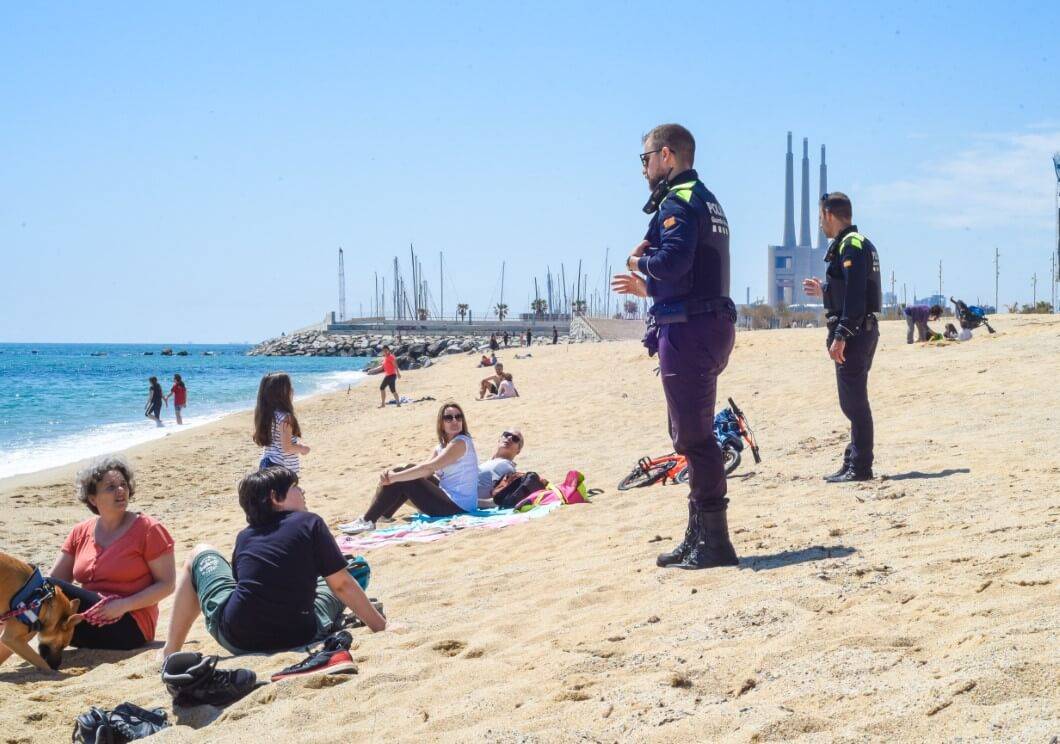Barcelona’s most significant commercial district, Passeig de Gràcia, is open for business following the easing of pandemic restrictions and the slow but gradual return of tourists. The Passeig de Gràcia association, which represents shops, restaurants and hotels, hopes to reopen quickly after months of inactivity, but issued a warning last week that the return of foreign visitors is being affected by rising crime. Luis Sans, president of the association, warns that “the situation is volatile” and companies in the tour sector are “worried” as crime is negatively affecting tourism recovery.
Mr Sans explains that crime has been on the rise since early May. The association is calling for increased security to prevent theft and robbery in the city’s main tourist areas, especially on Passeig de Gracia, where 90% of the hotels are currently open.
According to official figures, hotel occupancy in Barcelona is around 30% and is expected to rise to 60% in July, bringing tourists back to the streets and reopening of hotels and shops in the city center. However, the president of the association fears that the rise in crime could reduce the optimistic plans for this summer.
The association says the increased business activity and the influx of new customers on the waterfront have led to a renewal of crime “with greater intensity and even more violence.” “These are people who work in small groups of two or three people. And they do it in the middle of the street with impunity, steal watches, jewelry and wallets from tourists, even physically attack people leaving hotels and shops, ”the president added, sharing the concerns of local businessmen.
Theft in cars has become more frequent in parking lots, and the association calls for “strengthening security in the city to prevent the criminal activities of pickpockets and recidivist thieves in public areas.” Before the pandemic, the city center fought to strengthen preventive police activities in the area, and this yielded positive results. During the corona crisis, when there were no buyers in luxury stores or guests in hotels, criminal activity was effectively frozen. The return of crime to the streets has happened faster than expected.
“We cannot afford to put the tourism sector at risk when it finally recovers from the coronavirus crisis,” said Mr Sans, noting that many tourists are expected to arrive starting June 7, when Spain opens its borders for visitors from outside the EU who have been fully vaccinated, and from July 1, when the EU digital certificate for COVID-19 is to be introduced in Europe. At the moment, the main tourists are French, Germans and Russians.
Tourism-dependent businesses in Barcelona re-emphasize the urgency of reforming the penal code to tighten penalties for repeat offenders who prevail in the most visited areas.

